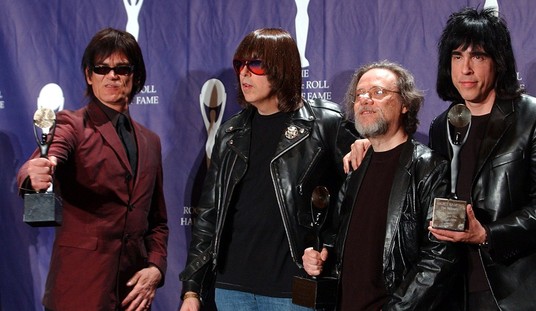You know how for going on three years now we’ve watched Democrats wring their hands, moan loudly and act out about the upset election victory of Donald Trump? It just seemed too over-the-top, even for liberals accustomed to exaggeration for political advantage.
Well, it was.
A new study finds many Democrats were exaggerating the anxiety and stress they felt after the absolutely certain presidential election of Hillary Clinton that didn’t happen. You may recall Clinton herself was so shook up she could not appear on TV to concede on election night. She had to wait a day to compose herself.
Well, now this new study published in the journal SageOpen finds that many Democrats were, as Mark Twain would put it, telling stretchers about their stress and anxiety levels as a twisted way, they felt, of supporting their party.
“Our research suggests that for many Democrats, expressing mental distress after the election was a form of partisan cheerleading,” said the researchers Masha Krupenkin, David Rothschild, Shawndra Hill and Elad Yom-Tov.
“Clearly,” they added, “many Democrats were, and are, upset about the 2016 Republican victory. These findings do not invalidate those feelings but put their depth and related actions into perspective.”
Right. Talking about feelings, no one would want to invalidate Democrats’ feelings, as shattered as they were, because that caused many on the other side to feel a delicious delight.
In social research this is known as reverse cheerleading, people exaggerating or misstating their feelings to, they believe, show public support for a group, in this case the defeated Democrat Party.
Researchers determined this by studying more than one million searches on Bing by Democrats, Republicans and Spanish-speaking Latinos both before and after the election. The searches were grouped by those who had previously disclosed their political affiliations and leanings.
They operated on the hypothesis that genuinely-stressed people would search online using mental-health related terms such as anxiety, stress, therapy, depression, even suicide/suicidal, They also sought out searches for anti-anxiety medications and antidepressants.
Guess what?
Despite their protestations of anxiety, stress and fear, liberals didn’t look for any such help. “Democrats were no more likely to search for stress relief, nor mental illness, nor treatment for mental illness before or after the election,” the findings assert.
This suggests that some Democrats reported mental health declines after Trump’s election as a form of reverse cheerleading, where partisans report evaluations that are more negative than their true beliefs to reflect badly on a president of the opposing party.
They did, however, find some Spanish-speakers used those search terms, likely indicating genuine concerns. The authors also mentioned previous polling research showing that Republicans as a group are far less-inclined to participate in such reverse cheerleading for effect.








Join the conversation as a VIP Member